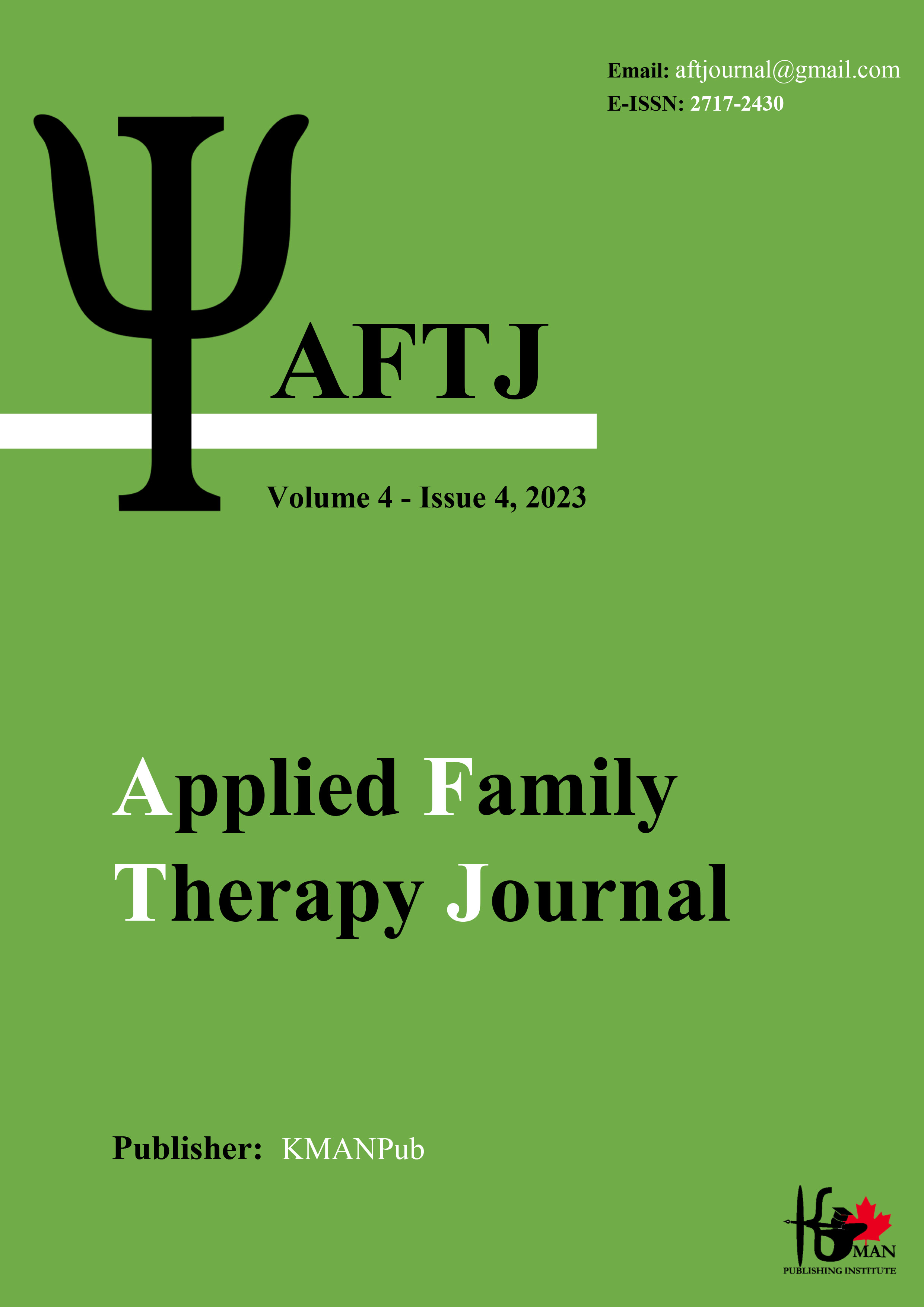Comparison of the effectiveness of cognitive-behavioral education and acceptance and commitment-based education on distress tolerance in self-harming adolescents
Keywords:
Cognitive-behavioral therapy, Acceptance and commitment therapy, Anxiety tolerance, Adolescents.Abstract
Aim: In this study, the effectiveness of cognitive-behavioral education and education based on acceptance and commitment on tolerating distress in self-harming high school students was studied. Method: The quasi-experimental research design was test-post-test and follow-up with a control group. The statistical population of this study was self-injurious adolescents (second grade high school students in district one) in Sari who were studying in the academic year of 1400-100, of which 45 were targeted by sampling. The sample was selected and randomly divided into two experimental groups and one control group (15 people in each group). The first experimental group, during 8 sessions of 90 minutes per week and based on the behavioral cognitive training package (Beck, 1976) and the second experimental group, during 8 sessions of 90 minutes per week and based on the training package based on acceptance and commitment (Hayes et al., 2013). Data collection tools included Simmons and Gaher (2005) Distress Tolerance Questionnaire and Klonsky & Glenn (2011) Self-Injury Questionnaire. Data were analyzed using SPSS-21 software and statistical tests of repeated measures analysis of variance and two-factor analysis of variance. Results: The results showed that cognitive-behavioral education and education based on acceptance and commitment had an effect on distress tolerance (F = 6.57, P = 0.002) of self-harming students and the effectiveness of cognitive-behavioral education and training. Acceptance and commitment based on the studied variables were the same. Conclusion: It can be concluded that cognitive-behavioral education and education based on acceptance and commitment had an effect on the tolerance of self-harming students and both educations can be used to improve the problems of adolescents with self-harm.
Downloads
Downloads
Published
Issue
Section
License

This work is licensed under a Creative Commons Attribution-NonCommercial 4.0 International License.





















